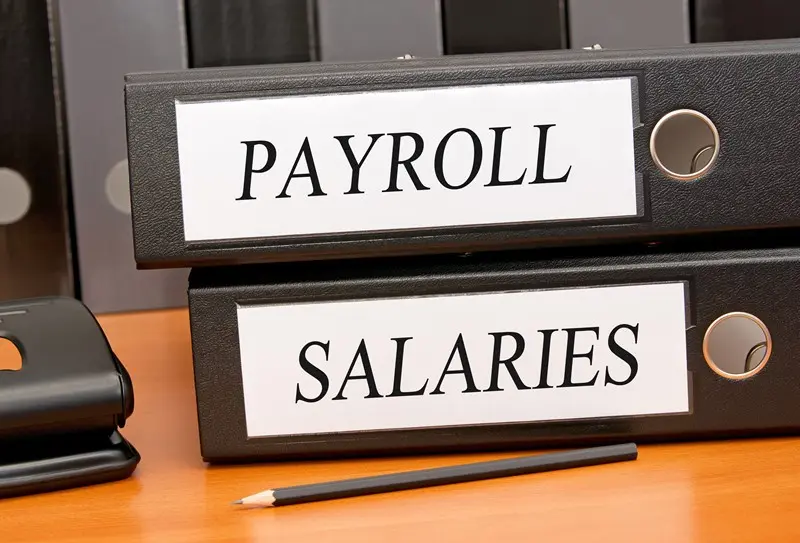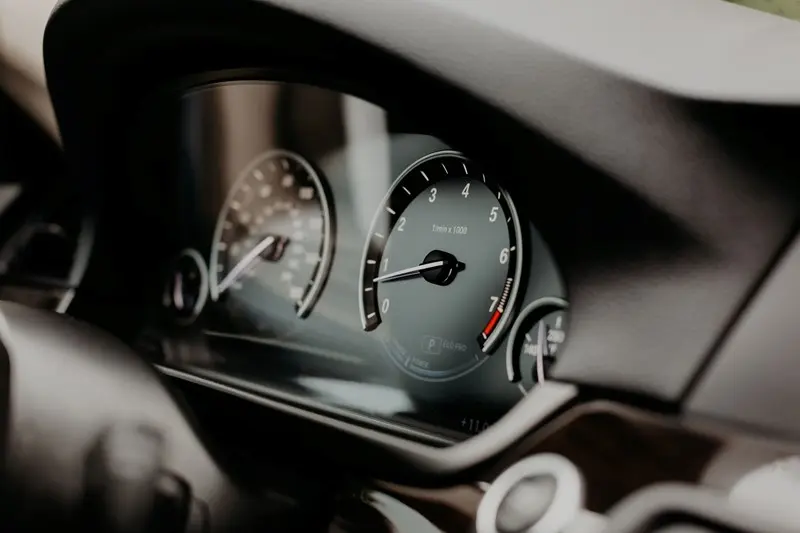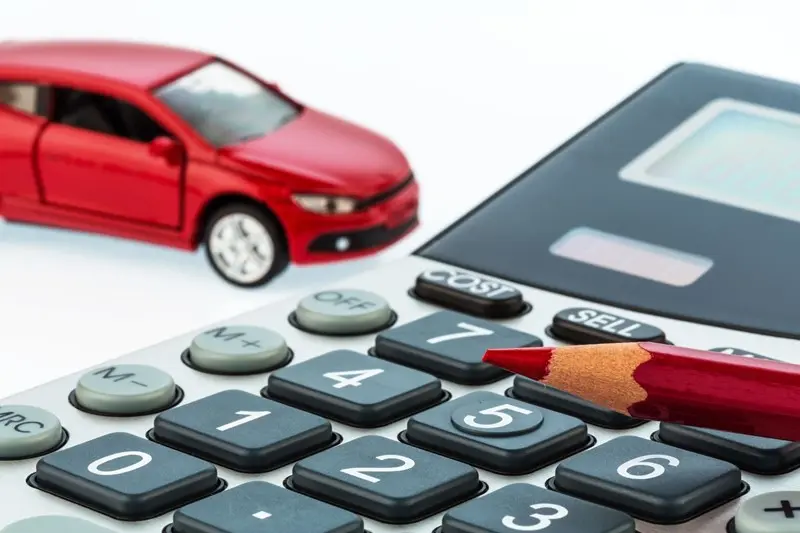Beneficial tax-exempt loans

An employee can obtain a benefit when provided with an employment-related cheap or interest-free loan. The benefit is the difference between the interest the employee pays, if any, and the commercial rate the employee would have to pay on a loan obtained elsewhere. These types of loans are referred
New tips guidance published

New rules that stop employers from withholding tips from people working in the hospitality, leisure and services sectors are a step closer following the publication of a new Code of Practice on tipping.
The Employment (Allocation of Tips) Act 2023 colloquially known as the Tipping Act received
Bikes for employees

The Cycle to Work scheme allows employers to provide bicycles and cyclists’ safety equipment to employees as a tax-free benefit. The scheme must be offered to all employees and the bike must be used mainly for qualifying journeys i.e., between home and work. However, private use of the bike is also
Payrolling employee expenses and benefits

Employers can register on a voluntary basis (before the start of the tax year) to report and account for tax on certain benefits and expenses via the RTI system. This is known as payrolling and removes the requirement to complete a P11D for the selected benefits at the tax year end.
The deadline
Tax-free mileage expenses

If you use your own vehicle for business journeys you may be able to claim a tax-free allowance from your employer known as a Mileage Allowance Payment or MAP. The allowance is paid when employees use their own car, van, motorcycle or bike for work purposes. It is important to note that this
Reporting company car changes

There is a requirement to notify HMRC if you make any company cars available for private use by company directors or employees. The definition of ‘Private use’ includes employees’ journeys between home and work unless they are travelling to a temporary place of work.
HMRC’s guidance states that you
Using your vehicle for work related journeys

If you use your car or other vehicle to undertake business journeys on behalf of your employer, and your employer does not:
Fully reimburse you for the business use, or
Reimburses you but at a lower rate per mile than the approved HMRC rates (see below).
Then you may be able to make a claim to
Tax consequences of loans to employees
An employee can obtain a benefit when provided with an employment-related cheap or interest-free loan. The benefit is the difference between the interest the employee pays, if any, and the commercial rate the employee would have to pay on a loan obtained elsewhere. These types of loans are referred
Tax exempt accommodation costs
There are special rules for the provision of living accommodation for employees. In most cases, employees will pay tax on any living accommodation provided by an employer unless they qualify for an exception.
However, where an employee qualifies for an exemption, there is no tax to pay on the
Reminder of not-so-trivial tax-free benefits
There is a benefit-in-kind (BiK) trivial exemption that applies to small non-cash benefits like a bottle of wine, or a bouquet of flowers given occasionally to employees or any other BiK classed as ‘trivial’ that falls within the exemption. By taking advantage of the exemption employers can simplify